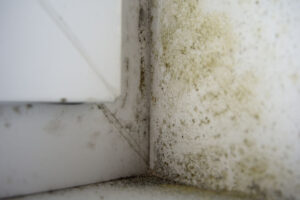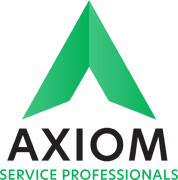
As the temperature drops and winter approaches, businesses face a unique set of challenges, one of which is the increased risk of mold growth. Mold thrives in damp and humid conditions, making cold weather a prime time for it to take hold in various parts of your workplace. Preventing mold growth is not only crucial for maintaining a healthy environment but also for safeguarding your business and employees. Here’s how to keep your business mold-free during the colder months.
1. Control Indoor Humidity
One of the most effective ways to prevent mold growth in cold weather is to manage indoor humidity levels. Mold thrives in environments with high humidity, so maintaining a relative humidity level below 60% is key. Here’s how to do it:
- Invest in dehumidifiers to reduce excess moisture in damp areas.
- Ensure proper ventilation in bathrooms, kitchens, and other moisture-prone areas.
- Fix any leaks promptly to prevent water from seeping into walls, ceilings, or floors.
2. Keep the Workspace Dry
Cold weather often brings snow, ice, and rain, which can lead to wet floors and carpets. Make sure your workplace stays dry to prevent mold growth:
- Use weather mats at entrances to trap moisture and prevent it from spreading.
- Promptly clean up any spills or wet areas, and ensure thorough drying.
- Inspect windows and doors for leaks, especially in areas prone to drafts.
3. Maintain Consistent Heating
Mold tends to grow in areas with fluctuating temperatures. Maintaining a consistent indoor temperature can help prevent condensation and subsequent mold growth. Set your thermostat to a comfortable but not excessively warm temperature and keep it consistent throughout the day and night.
4. Regular Cleaning and Inspection
Regularly inspect your workplace for any signs of mold growth, especially in hidden or less-visited areas such as basements, attics, and storage rooms. Promptly address any mold issues you discover and consider professional mold inspections if you suspect a problem.
5. Educate Your Employees
Educating your employees about the importance of mold prevention can go a long way. Encourage them to report any leaks, water damage, or visible mold immediately so that it can be addressed promptly.
taking proactive measures to control indoor humidity, keep your workspace dry, maintain consistent heating, and regularly inspect for mold, you can protect your business and employees from the potential health hazards and structural damage associated with mold growth. Contact Axiom Service Professionals today to learn more about how you can protect your workers.


Recent Comments